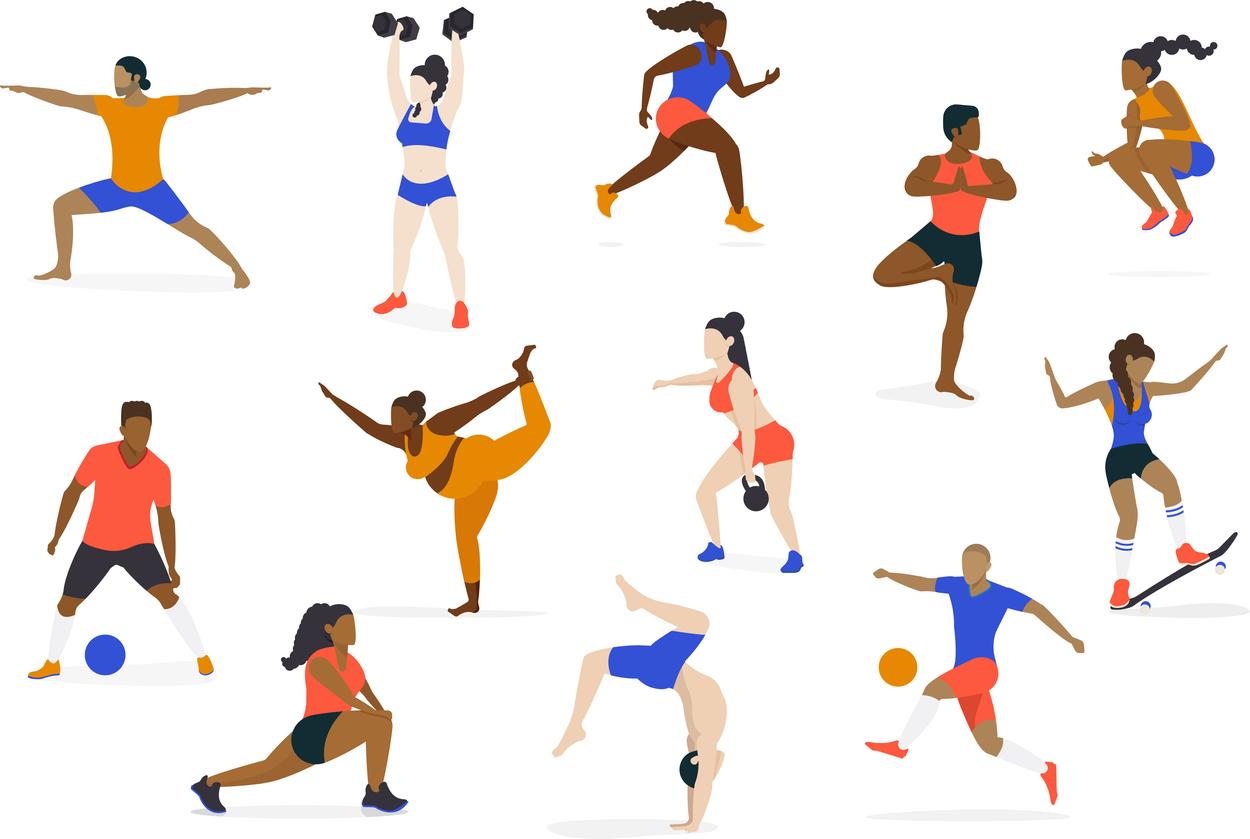According to a researcher from the University of Lund, Sweden, endurance running serves as a social marker for our image.
-1572877065.jpg)
Running has been a trend for many years often seen as a quick way to get into sport and a welcome escape from everyday life. Few of us have escaped the sight of people treading the sidewalks or lapping around the local athletics track, perhaps training for a future race.
“Most runners say they do it because it’s a way to escape the demands and stresses of their daily lives, but my research shows that’s only part of the story. There are also many demands in everyday life that are actually replicated in endurance racing. For example, the pressure to be productive, efficient and to measure one’s accomplishments is a recurring theme,” says Carys Egan-Wyer, PhD candidate in consumer culture theory.
Extraordinary experiments, such as running ultra-marathons, have been tainted by the competitive nature of contemporary consumer culture, according to new thesis from Lund University, Sweden.
Research has shown that the romanticized notion of total freedom coexists with underlying motivational factors, such as improving our self-esteem and social image. In an effort to analyze his theory, Carys Egan-Wyer interviewed 16 endurance runners and analyzed 21 diaries – totaling nearly 1,000 pages – throughout his memoir. For this study, she defined endurance runners as triathletes, ultra distance runners (people who run distances longer than a marathon), and ultra trail runners.
Perceive running as a “task” to be accomplished
She identified three motivators that the runners themselves used when talking about their running: freedom, achievement and competition. “Runners are driven by a sense of total freedom, a place where they can fully immerse themselves. At the same time, they are very focused on measuring and quantifying what they do. They use their endurance racing exploits in other areas of life, such as on their CVs, to show how good employees they would be. They see their peers as a community, but there’s also an element of competition, so there are inherent contradictions,” says Carys Egan-Wyer.
In many ways, runners would boost their self-esteem and seek to compete with others while keeping in mind their social image. However, Carys Egan-Wyer believes that further research is needed to more fully examine our contemporary lives in this regard. “A lot of people these days suffer from burnout, stress and anxiety. It is possible that leisure activities in our so-called free time have become a kind of ‘work’ for many of us, and not just for runners. Endurance running is an example where, on the one hand, we feel freed from the stress of everyday life, when in fact our body and brain could understand this as work, an additional challenge to overcome. We need to understand if this contributes to stress, burnout and anxiety,” said Carys Egan-Wyer.
.

















